Even if you’ve only developed an interest in digital marketing in the past month, there’s still a good chance that you’ve come across something that mentioned the benefits of blogging.
Whether you’ve read my content, or someone else’s, blogging certainly has its fans.
For every successful blogger that’s out there pushing the benefits of blogging, there are also many, many bloggers who have failed.
Those who run a successful blog, on the other hand, have mastered a few key elements that reaffirms why blogging is so alluring to so many.
A successful blogger befriends social media, puts in a ton of hard work and consistently writes quality content. They’ve also found a way to garner attention and make money, which is what drives most people to start a blog in the first place.
But those who have failed? Well, there’s something to learn from them. Many things, in fact.
It’s important to recognize why these bloggers may have failed, so that you can make sure you don’t fall into the same traps.
In this post, we’re going to take a look at the flawed blogging practices that knock most people out.
We’ll go through the mindsets and habits that cause bloggers to fail and take a look at what ‘winning’ bloggers do instead, from getting involved in affiliate marketing (again, to make money) to finding relevant topics to wax poetic about.
By the end of this post, you’ll understand what it takes to become a successful blogger, so that you too, can join the long list of blogging success stories.
Let’s get started.
You don’t take blogging seriously
As with many other things in life, if you want to have a successful blog, you can’t treat blogging as a hobby or a side project.
Too many people who decide to start a blog make this mistake and end up achieving lackluster results.
Blogging requires you to be consistent and dedicated.
This means that you must produce quality content that’s imminently shareable on social media–and produce it often.
Consistently blogging will help increase the amount of traffic that your blog generates.
As you can see below, companies that blog 16 or more times a month get 3.5 times more traffic than those that blog 0-4 times a month.
On top of that, companies that blog regularly also tend to generate more ‘inbound leads.’
(Don’t know what inbound leads might be? Take it from HubSpot, who defines the concept as a form of marketing that ” focuses on creating quality content that pulls people toward your company and product, where they naturally want to be.”)
The chart below shows that companies who blog 16 plus times per month get 4.5 times as many leads as those that publish 0-4 posts a month.
To run a successful blog, you (ideally) want to publish quality content at least every day. The more quality content you publish, on a consistent basis, the better your results are going to be – especially in the long term.
Taking that into account, you must accept that blogging can’t be treated as something you do on the side, for good old fun. It will require hard work if you want to triumph. A successful blogger knows this -and he or she keep at it, pushing out quality and polishing it to perfection.
You’re not creating engaging content
One of the reasons why bloggers fail is that they’re not producing engaging, outstanding quality content.
With so much content being produced, great content is the minimum bet for getting in the game.
Creating engaging content is so important, that 72% of B2B content creators have made the creation of engaging content a ‘top priority.’
Admittedly, it will take some practice to get to the stage where you’re regularly producing quality content that begs to be shared on social media but there are a few shortcuts that you can take.
The first and most obvious thing that you can do is to develop a better understanding of your industry.
If you can do that, you’ll be able to provide insights that will be hard to find elsewhere. As a result, you can provide your audience with information that they wouldn’t be able to access on any other blog.
If you know your stuff, you’ll also do a better job at breaking down complex topics, so that your target audience can best understand new developments in your industry.
And, most of the time, you can only do that if you have in-depth knowledge on what you’re covering.
Think like a successful blogger and take the time to do all of the reading, watching, listening and thinking necessary. Then, you can discuss complex topics in a simple and easy-to-understand manner.
If you want to be kept up to date with the latest developments in your industry, consider setting up a Google Alert, so that you get notifications whenever there is something new published.
You can also develop useful, quality content by building on what’s already out there.
Say you’ve just started a business selling green tea and you want to start a blog to get the word out about your product.
It can be helpful to find already successful green tea related content, so that you’re able to reduce your chances of failure by working with already proven topics.
You don’t want to do this forever. But, to begin with, a method like this can help you get rolling.
BuzzSumo is a tool that will allow you to work out what types of content do well within your niche.
So, for example, suppose I want to find some proven topics for my green tea blog.
I can type ‘green tea’ into BuzzSumo and then see what comes up.
If I want the results returned to be a little bit more relevant, I can either change the date range, so that the results returned are more recent or I can use a different keyword.
You may, for example, want to combine your niche keyword with something like ‘how to’ or ‘guide’ or ‘tips.’ In a sense, you want to create keywords that will help return actionable content – something that tends to do well in most niches.
You can also use the Autosuggest features, provided by Google and YouTube.
Here’s what comes up, when I type green tea into Google.
If I head to YouTube and type in my keyword, you can see that, again, I’m presented with some keywords that represent what people are already searching for that’s related to green tea.
I can work with these topics to create outstanding, useful blog posts. I can even use the videos that come up as part of my research.
You might need to get a little creative, when using the Autosuggest feature, but it can be a gold mine of ideas, if you have the patience to experiment with it.
You’re not promoting yourself
As I mentioned earlier in this article – a lot of people are blogging nowadays.
76% of marketers stated that they were going to produce more content in 2016 than they did in 2015.
And, with blogging being so popular, you can bet that a lot of that content is in the form of blog posts.
In other words – that’s a lot more people you now have to compete with.
And, that means that you need to get a heck of a lot better at promoting yourself, whether that’s on your social media channels, through guest posting, or by following some of the suggestions below.
The best promotional tactic is producing a great piece of content to begin with.
But, if you follow the tips from above, there’s a good chance that you’ve already got that covered.
So, what can you do to promote your content?
In basic terms, you have two options.
You can use organic methods that require a bit more time or you can promote via paid methods.
Organic methods can be split into two categories.
For example, you can email people, who’ve shared similar content in the past, to let them know that you’ve developed something similar that they might also enjoy.
You can find those people by using the ‘View Sharers’ feature in Buzzsumo, then gathering the emails of those people, so that you can email them and let them know about your content.
When you email these people, they might share your content, so that it gets out to a larger audience, hence driving traffic to your content.
I go into detail about this here.
However, you might also be emailing people in the hopes that they link to your content.
While it is true that you might get links, when notifying relevant people about your content, this method does not have the primary purpose of gathering links.
For the second option, however, you’re primary goal is to gain link,s so that you can improve your SEO standing in the long run. You’re not looking for short term results, asking people to share your content.
You can do this by finding broken links on websites, letting the owner know there is a broken link and then asking if they’ll link to your content.
The process for this is a little complex, but you can learn more about it by reading this post, where I go into extreme detail on how you can accomplish that goal.
By improving the search engine optimization standing of your content, you are, in a drawn-out way, promoting your content.
Note: Many a’successful blogger has found success in guest posting. It, too, can be a great way to promote your blog and its content.
If you’re relatively new to blogging, then it can be a good idea for you to try and land guest posting spots on well known blogs.
The benefits of guest posting are two-fold.
First, you’ll be able to benefit from the already established audiences of these blogs, making it so that more people aware of you and your message.
This will increase the number of people that search for you and visit your blog.
Second, in most cases, when writing a guest post, you’ll also be able to provide a link to your own blog in the author’s bio box.
This link will help drive direct traffic, but can also help your SEO standing in the long run.
If you want to find guest posting opportunities, consider using the keywords below in Google searches. In place of ‘Your Keyword,’ use your niche.
If you want to learn more about guest posting, you can read this blog post.
As I mentioned, you can also use paid traffic to promote and drive traffic to your blog.
If you are going to use paid traffic, it’s important that you have a way to convert that traffic into profit.
If you do not have a way to collect leads and turn those leads into customers, then you’re going to be wasting a lot of money, as people will likely engage in your content, maybe share it and then move on.
Note: This concept also applies, if you’re looking to do some organic promotion.
With organic promotion, you might not be wasting money, but you will be wasting time. If you get surges of traffic, but don’t have a way to take advantage of it, then you could argue that there is no point to even promoting yourself and your blog.
When you know how to turn readers into subscribers and you send those subscribers through a well-tuned funnel, you’ll be able to run paid traffic campaigns (and organic promotion campaigns, for that matter) for a long time and turn a profit in the process.
One of the best forms of paid traffic for beginners is Facebook Ads. If you want to get started, there’s some useful information on the topic here.
One of the best ways to collect leads is by creating a lead magnet.
Note: If you want to, you may even want to link to a lead magnet in your author’s box, when posting a guest post.
This will make it easier to collect leads and will ensure that you have someone to email, when your next blog post goes live.
You’re just like everyone else
We touched upon this slightly, when discussing what it takes to produce quality content.
But, there’s more to creating outstanding content than working with proven topics.
The key point that I want to make here is that you need to give your blog an edge. You must give people a reason to attach themselves to your content and become avid fans of your blog and, ultimately, you.
There are multiple ways to do this.
One way, of course, is to create incredible content for your audience – but you need to define what that is.
Is it content that is much, much, much, more in-depth than existing sources?
Is it content that is highly researched?
Is it content with unique illustrations and graphics?
Is it content that has been formatted in a quirky way that makes it easier to consume?
It may even be that your writing style is what sets you apart from the other people in your niche.
Writing style can have a big impact on how well your content performs. And, if your personality shines through, people will remember the content, as well as you. One of the reasons why bloggers fail is because they’re churning out content that’s devoid of personality. Sounding just like everyone else -or as dull as can be- their content gets lost in the noise.
Writing as you would write to a friend is often the best way to balance out the style of your writing, so that it’s not hard to read and is still informative.
You might also want to question what it takes to create unique and memorable content.
My $100,000 challenge is an example of this, as is the Ferrari post.
If you’re a marketer, you could run some crazy marketing experiments and then discuss the results.
It may even be that you approach things in your niche from a perspective that it is currently missing.
You could be someone who is documenting their journey as a marketer, while also having a day job. Or, maybe you’re someone who is training for a marathon, using against-the-grain strategies.
If there’s something that you can do to make yourself and your content interesting – do it.
People will remember you for it and often like you for it, too.
Conclusion
To run a successful blog is a dream for many.
And it’s no wonder: the benefits can be huge.
You can make money through the traffic you receive and affiliate marketing, fortify your social media presence and enhance your brand awareness- whether that brand is you or your company.
To become a successful blogger, however, requires hard work and determination. You can’t simply start a blog and hope for the best. In order to thrive as a blogger, you’ll have to consistently publish quality content that stands out, solves problems, entertains and attracts an audience that keeps coming back for more.
What pitfalls do you think bloggers should avoid? Please let me know in the comments below!

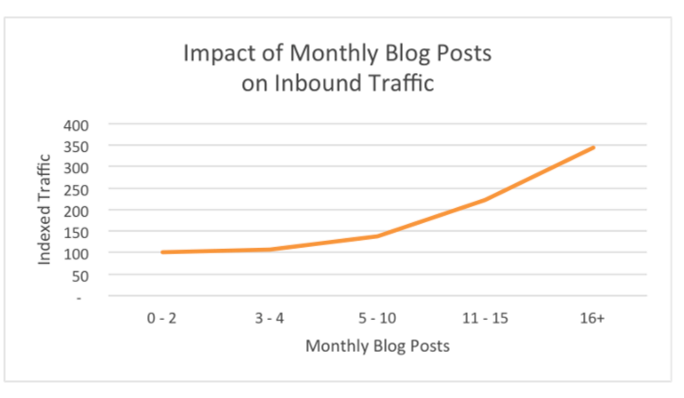
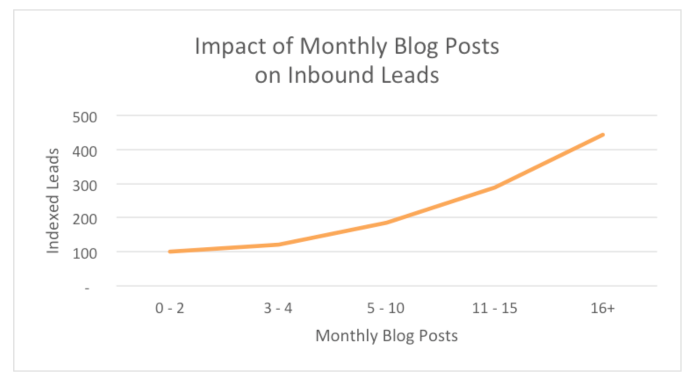
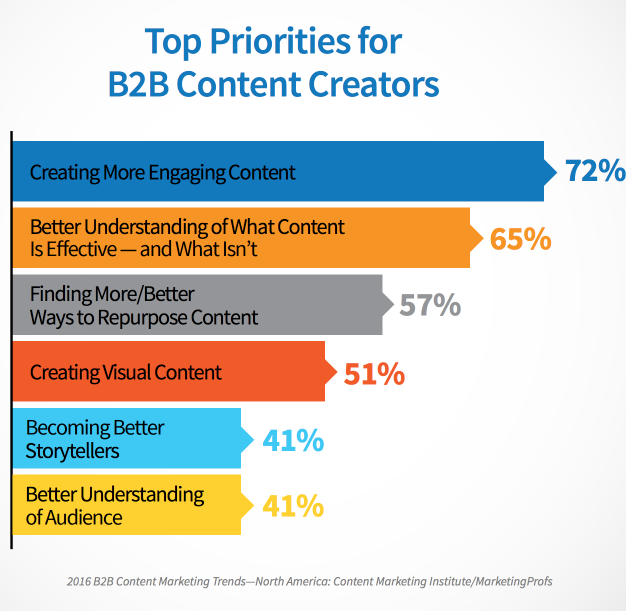

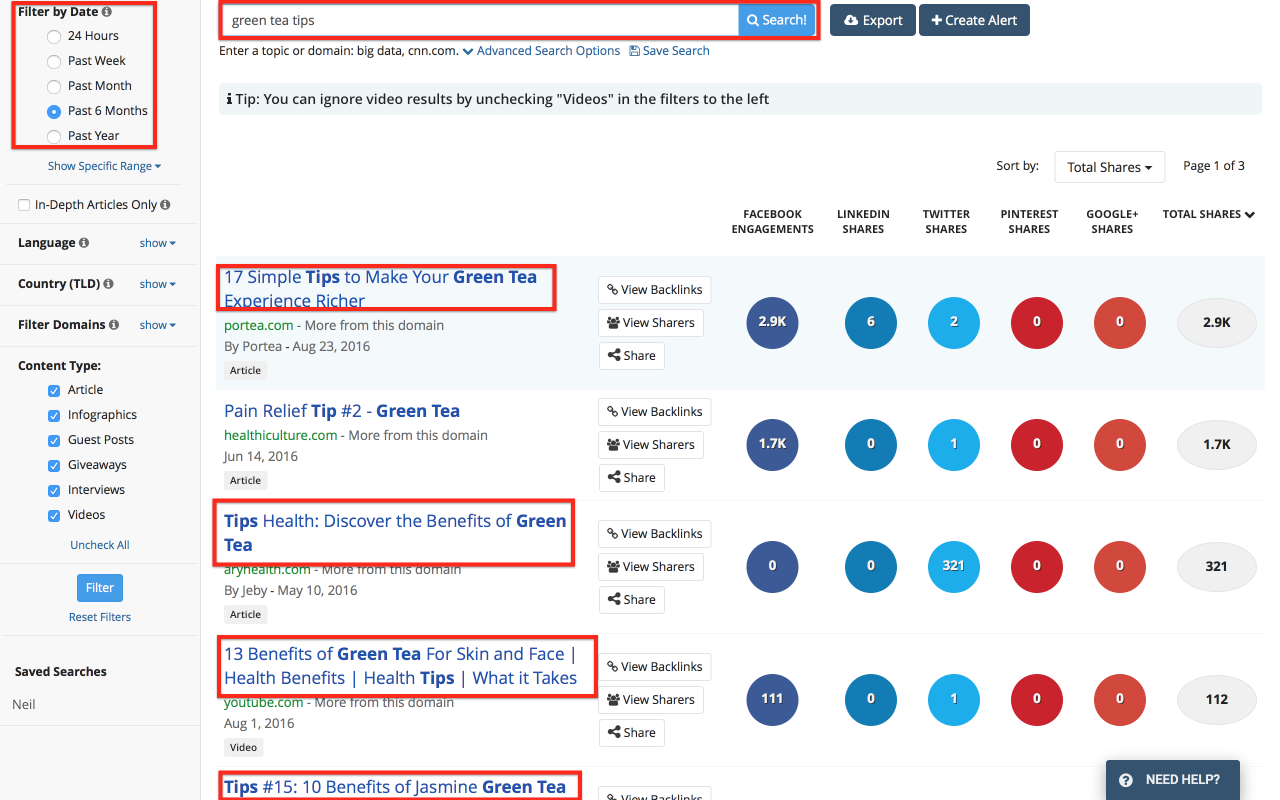



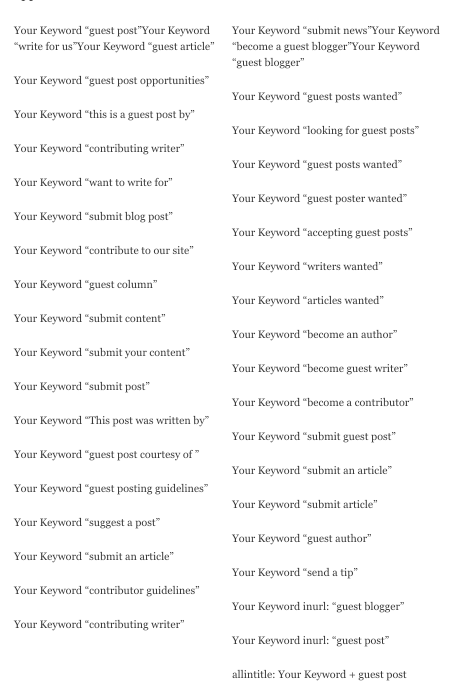
Comments (64)